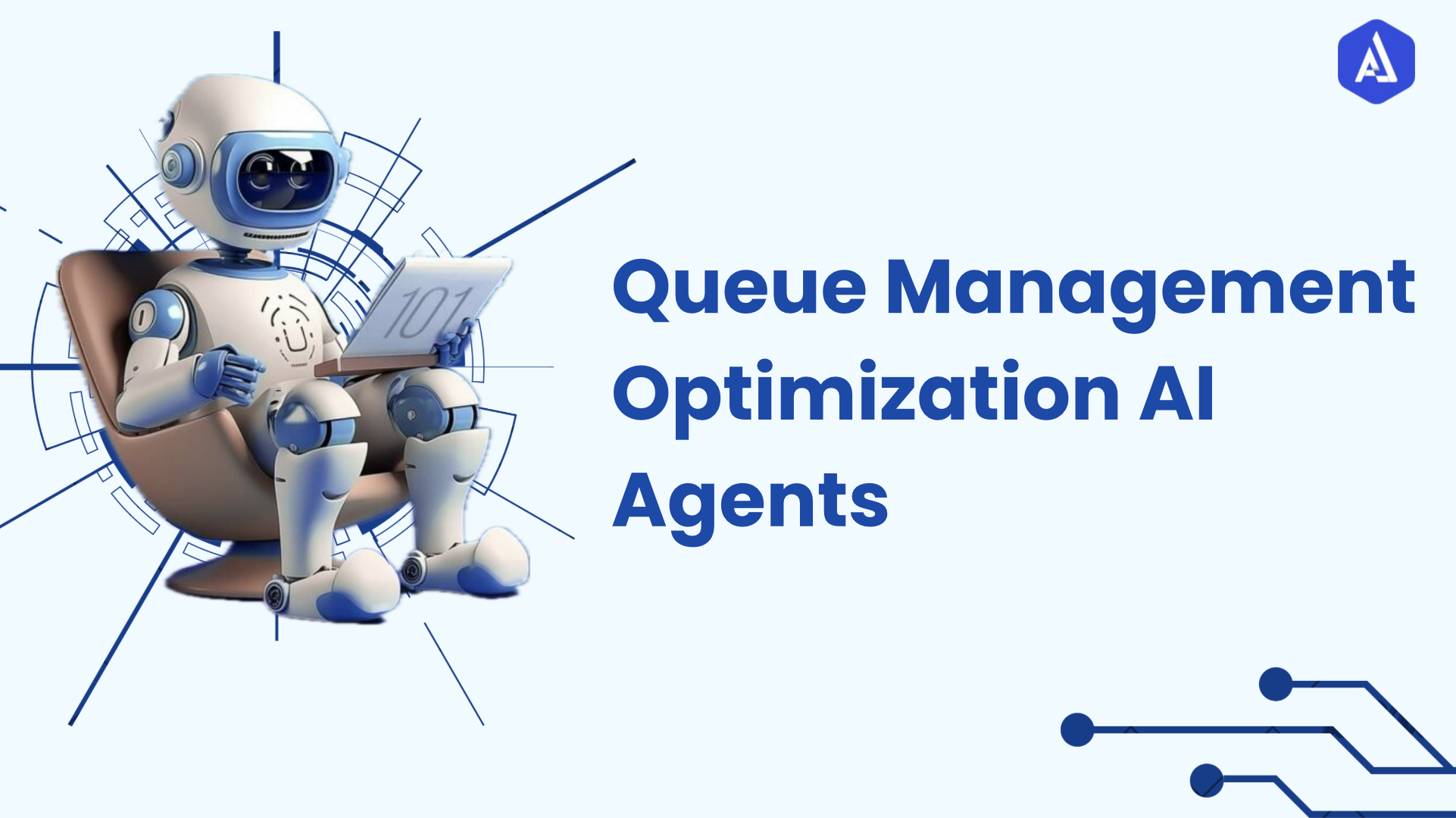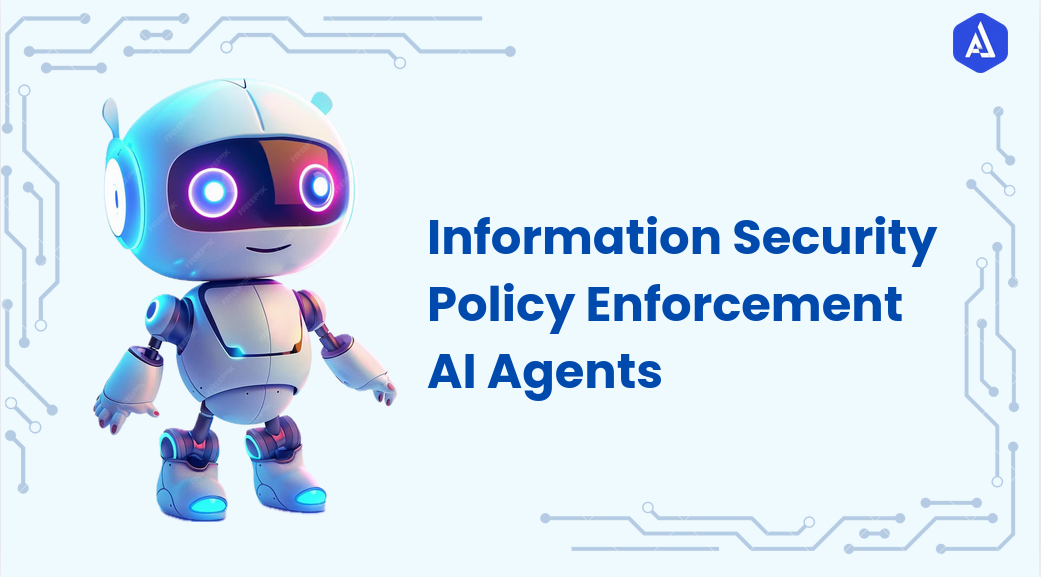Introduction
GitHub AI Agents are one of the greatest innovations in software development and operation, where AI is implemented to improve processes. GitHub’s implementation of intelligent agents allows developers to save time and reduce repetitive work, helps them analyze their code repositories, and co-ordinate work with their colleagues more effectively. That is why this innovative approach not only increases productivity but also creates a better environment for the development of software products.
About the GitHub
GitHub is a popular platform for version control and collaborative software development whereby various teams and individuals can work on projects within a single hall or in various parts of the world. Below are some key features that make GitHub an essential tool for developers and organizations alike:
-
Version Control: GitHub provides members with history for versions of a code base which allows the developer to go back to a previous version, use branches in developing new features without altering the main code, and more.
-
Collaboration Features:Primarily, the platform provides the set of collaboration functionalities such as pull requests, code reviews, and issues to enable all the team members to be engaged in projects.
-
Integration with CI/CD Tools: GitHub perfectly works with other CI CD tools since it enables the testing and implementation of continuous automation processes. It also assists in making code standards and also facilitates the release cycle to go faster.
-
Community and Open Source: GitHub serves a large amount of open source projects that bring together developers all over the world. It allows users to partake in ongoing projects, upload their own code and contribute to innovative solution creation.
-
Marketplace and Extensions: Applications and integrations are available for users from the GitHub Marketplace, which adds features and utility. GitHub has modules added to enhance the features and help the user according to the development style.
What is more, with these strong features, it is apparent that GitHub is a crucial site for developers and teams who expect to enhance the feature development process.
About the GitHub AI Agent
GitHub AI Agents add intelligent automatic features and analytical values to GitHub’s platform. Here is a detailed overview of the agent’s design, capabilities, and integration:
-
Design and Architecture: The current architecture of the GitHub AI Agent is designed for scalability which can take into account big code bases and a number of users. The choice of this design enhances high performance while at the same time addressing the issues that accompany software development.
-
Capabilities:
-
Code Review Automation: The agent can make the code review process easier. The agent scans through the pull requests to determine whether they comply with the set coding standards, are compliant with best practices, or are infected with bugs. They enhance the review process by averting the programmer's delay and guaranteeing enhanced code quality.
-
Intelligent Issue Track : The dark version of the agent can primarily classify and prioritize potential issues according to the history and context of the project. According to the paper, when it comes to issues, it is intelligent to manage them since this directs attention to what is relevant.
-
Natural Language Processing (NLP): Another advantage of the proposed agent is that it has an integrated NLP system for processing user queries in natural language. This feature improves engagement—developers can engage the agent to ask questions about code, issues, or the project's status.
-
Automated Documentation Generation: From code comments and structure, the agent is capable of producing documentation for a project meaning that documentation is always updated and within reach.
-
Integration and Enhancement: The GitHub AI Agent is effortlessly intertwined with the current structure of GitHub; it enriches crucial functionalities innate to it, without inconveniencing the user. The integration enables them to incorporate AI features and at the same time, remain can use their favorite tools.
-
User Engagement: The agent’s design supports the interaction: it is based on the simple and clear idea of the user interface that has to be engaged. For developers, getting quick access to features, keeping discrete tabs on their code, managing possible issues and getting in guidance is effective for better user experience.
-
Learning and Adaptation: It also indicates that the GitHub AI Agent only improves its capabilities and changes its recommendations based on the users’ responses. This adaptive learning process will then guarantee that the agent is fit for use and responsive in the projects under change.
-
Use Cases
The versatility of GitHub AI Agents makes them suitable for a wide range of applications across different development environments. Here are several illustrative use cases:
-
Streamlined Code Reviews: In software development teams, GitHub AI Agents can automate the review process, flagging potential issues and ensuring adherence to coding standards. This automation helps reduce the time developers spend on reviews and improves overall code quality.
-
Efficient Issue Management: Development teams can utilize AI agents to manage issues more effectively. By automatically categorizing and prioritizing issues based on severity and context, the agent helps teams address critical problems faster and enhances project management efficiency.
-
Improved Onboarding for New Developers: For new team members, GitHub AI Agents can provide guided tours of the codebase, suggesting key files and important documentation. This feature accelerates the onboarding process and helps new developers become productive more quickly.
-
Enhanced Continuous Integration: GitHub AI Agents can monitor build processes and provide real-time feedback on code quality and test results. This capability helps teams identify and resolve issues promptly, improving the reliability of the CI pipeline.
-
Automated Documentation Updates: By automatically generating and updating documentation based on code changes, the agent ensures that project documentation remains current and accessible. This feature is crucial for maintaining clarity and understanding within the team.
By illustrating these diverse applications, it becomes clear that GitHub AI Agents are not just tools but strategic partners that can drive efficiency and innovation in software development.
Benefits and Values
The implementation of GitHub AI Agents offers numerous advantages that contribute to the overall success of software development projects. Here are some key benefits:
-
Increased Productivity: By automating routine tasks such as code reviews and issue management, GitHub AI Agents significantly reduce the time developers spend on these activities. This efficiency allows teams to focus on high-value work, accelerating project delivery.
-
Improved Code Quality:The intelligent analysis capabilities of the agent enhance code quality by identifying potential issues early in the development process. By ensuring adherence to coding standards, the agent helps teams produce more reliable software.
-
Enhanced Collaboration: With features that facilitate communication and streamline workflows, GitHub AI Agents promote better collaboration among team members. Real-time updates and automated notifications ensure that everyone is aligned and informed.
-
Cost Reduction: Automating routine development tasks can lead to lower operational costs by minimizing the need for manual oversight and reducing the likelihood of errors that can result in costly fixes.
-
Scalability:GitHub AI Agents can easily scale with the needs of an organization. As development teams grow or projects evolve, the agents can adapt to new challenges, ensuring continued value and support for development efforts.
-
User-Friendly Experience: The intuitive design of GitHub AI Agents ensures that developers of all skill levels can engage with the platform effectively. This accessibility promotes broader adoption and reduces the need for extensive training.
These benefits collectively contribute to a strong value proposition for organizations considering the adoption of GitHub AI Agents.
Usability
A comprehensive guide is essential to ensure that users can effectively utilize the GitHub AI Agent. Here’s a step-by-step overview of how to set up, operate, and troubleshoot the agent:
-
Setup:
-
Installation: Begin by integrating the GitHub AI Agent into your GitHub repositories. Follow the installation instructions provided in the GitHub Marketplace or the agent’s documentation for a seamless setup.
-
Configuration: Once installed, configure the agent to connect with relevant repositories and settings. Ensure that permissions are granted to allow the agent to access the necessary data.
-
-
Operation:
-
Dashboard Access: Access the agent’s dashboard through GitHub. Here, you can monitor key metrics, review code quality, and interact with various features.
-
Task Automation: Utilize the agent’s automation capabilities by setting up triggers for code reviews and issue categorization. You can define rules based on your team’s workflow to optimize performance.
-
Data Analysis: Leverage the agent’s analytics features to generate reports on code quality, issue resolution times, and other relevant metrics. This functionality allows you to track progress and make informed decisions.
-
-
Troubleshooting:
-
Common Issues: For solutions to common issues, including integration problems and performance concerns, refer to the FAQ section in the agent's documentation.
-
Support Resources: If problems persist, reach out to the support team for the GitHub AI Agent. They offer assistance via chat, email, or community forums, ensuring users receive timely help.
-
Training and Support:GitHub provides extensive training materials, including tutorials and webinars, to help users maximize the potential of the AI Agent. Regular updates and ongoing support ensure that organizations can adapt to new features and improvements.
-
By providing a comprehensive usability guide, organizations can ensure their teams fully leverage the capabilities of GitHub AI Agents while navigating any potential challenges.

.png)
